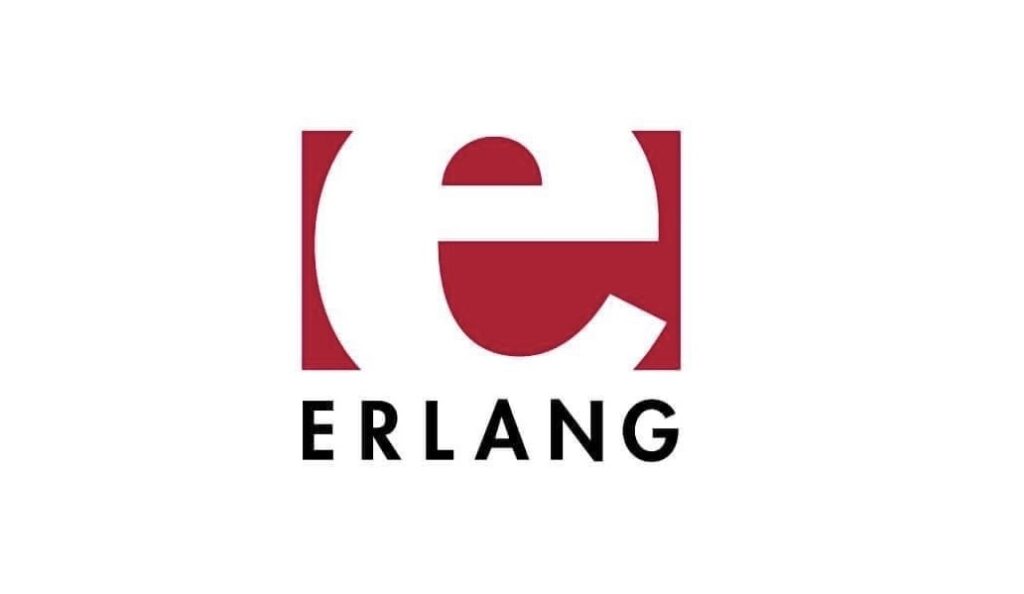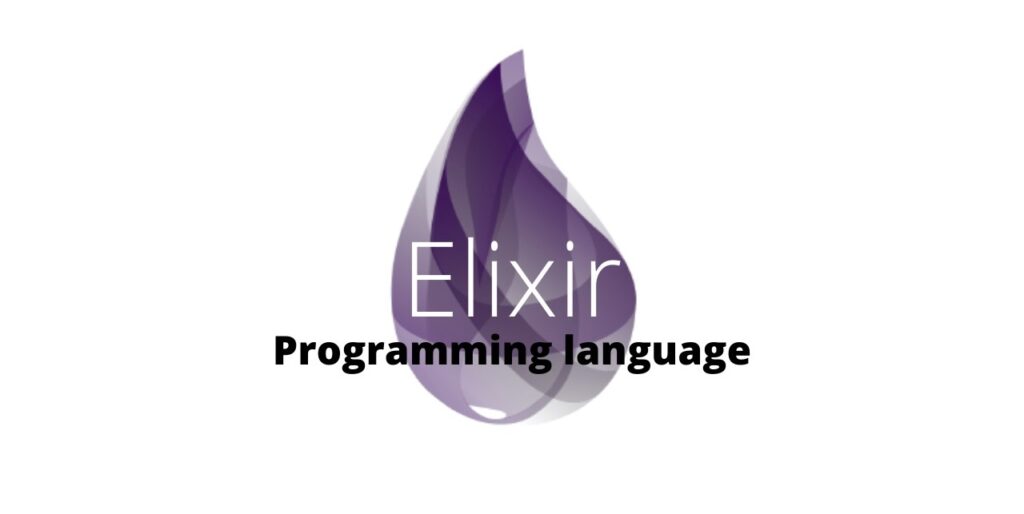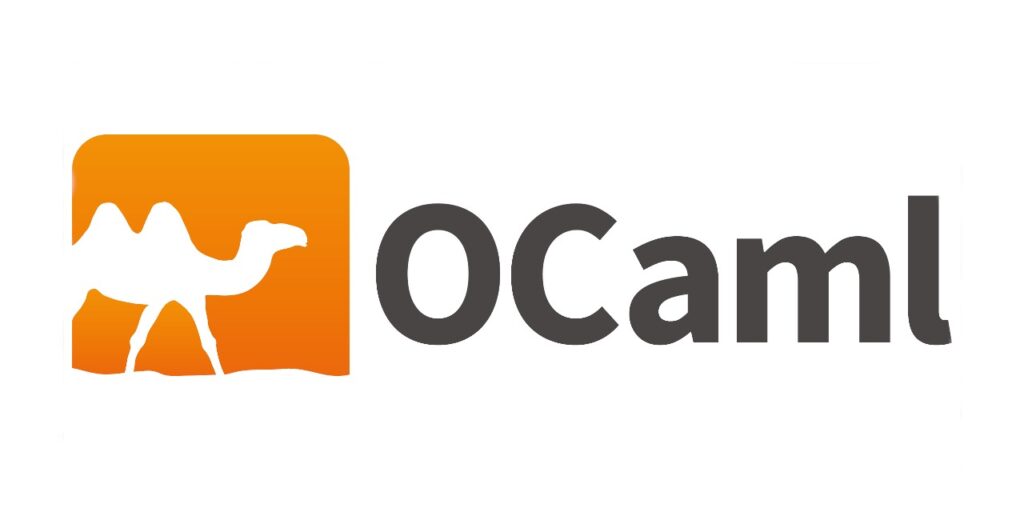Functional programming languages have gained significant traction in the software development industry due to their unique approach to problem-solving and code structuring. In this detailed analysis, we delve into some of the top functional programming languages of 2024 based on sentiment analysis. These languages offer a blend of efficiency, scalability, and robust features that cater to a wide range of development needs.
Scala

Scala, derived from “Scalable Language,” was introduced in 2004 by Martin Odersky. It is a versatile programming language compiled to Java bytecode and executed on the Java Virtual Machine (JVM). Scala has emerged as a popular choice for many companies looking to develop scalable software solutions. Its flexibility, concise syntax, and seamless integration with Java make it an ideal option for businesses focusing on distributed architecture and scalable applications.
Advantages of Scala
- Conciseness: Scala’s concise syntax allows developers to write clean and readable code, enhancing productivity;
- Java Compatibility: Seamless interoperability with Java libraries and frameworks enables easy integration with existing Java projects;
- Scalability: Scala’s support for distributed computing makes it well-suited for building scalable applications across various industries.
| Feature | Description |
|---|---|
| Conciseness | Clean and readable code due to its concise syntax |
| Java Compatibility | Interoperability with Java for seamless integration |
| Scalability | Ideal for developing scalable applications with distributed architecture |
Scala in Industry
Many tech companies leverage Scala to build robust software infrastructures, both for consumer-facing products and internal tech stacks. Its popularity stems from its ability to handle complex systems efficiently while ensuring maintainability and scalability over time.
Kotlin

Kotlin, an open-source statically typed language, was initially designed for the JVM and Android platforms. Combining object-oriented and functional programming features, Kotlin prioritizes interoperability, safety, clarity, and tooling support. Its versatility and modern features have made it a preferred choice for developers working on diverse projects.
Advantages of Kotlin
- Interoperability: Kotlin seamlessly integrates with existing Java codebases, making it easy to adopt for Java developers;
- Safety: Type safety features reduce the likelihood of runtime errors, enhancing code reliability;
- Clarity: Kotlin’s expressive syntax promotes readability and maintainability of codebases.
- Interoperability with Java;
- Enhanced safety features;
- Expressive syntax for improved code clarity.
Kotlin’s Impact
Kotlin has gained popularity in the mobile app development sector, particularly for Android applications. Its concise syntax and reduced boilerplate code have accelerated development cycles and improved overall code quality.
Clojure

Clojure, a dynamic programming language, blends the interactive development of scripting languages with robust infrastructure for multithreaded programming. Despite being a compiled language, Clojure maintains dynamic features, allowing for flexibility and adaptability during runtime.
Advantages of Clojure
- Interactive Development: Clojure’s interactive development environment facilitates rapid prototyping and experimentation;
- Multithreaded Programming: Built-in support for multithreading simplifies concurrent programming tasks;
- Dynamic Features: Clojure’s dynamic nature enables runtime flexibility without sacrificing performance.
- Interactive development environment;
- Multithreading support;
- Dynamic features for runtime adaptability
Clojure’s Application
Clojure finds application in domains requiring concurrent processing and real-time data handling. Its robust support for multithreading makes it a preferred choice for developing high-performance applications.
Erlang

Erlang is a functional programming language known for its concurrency-oriented design and fault-tolerant capabilities. Initially developed for telecommunication systems, Erlang has evolved to cater to a broader range of applications requiring high availability and distributed computing.
Advantages of Erlang
- Concurrency: Erlang’s lightweight processes enable efficient concurrent programming, essential for scalable systems;
- Fault Tolerance: Built-in mechanisms for fault tolerance ensure system resilience against failures;
- Distributed Computing: Erlang’s support for distributed architectures simplifies building fault-tolerant systems.
| Feature | Description |
|---|---|
| Concurrency | Lightweight processes for efficient concurrent programming |
| Fault Tolerance | Mechanisms to ensure system resilience against failures |
| Distributed Computing | Support for building fault-tolerant distributed systems |
Erlang’s Significance
Erlang’s unique features make it a go-to language for developing telecommunications systems, real-time applications, and distributed systems where fault tolerance and high availability are paramount.
Swift

Swift is a powerful and intuitive programming language developed by Apple for iOS, macOS, watchOS, and tvOS app development.
Advantages of Swift
- Performance: Swift’s high-performance capabilities ensure smooth;
- Safety: Strong type inference and error handling mechanisms enhance code reliability;
- Modern Syntax: Swift’s modern syntax simplifies code readability and maintenance.
- High-performance capabilities;
- Robust error handling mechanisms;
- Modern syntax for enhanced readability.
Swift’s Influence
Swift has revolutionized iOS app development, offering developers a fast and efficient platform to create feature-rich applications. Its growing community and continuous updates underscore its significance in the mobile app development landscape.
Elixir

Introduction to Elixir
Elixir is a functional, concurrent programming language built on the Erlang VM known for its scalability and fault-tolerant design. With a focus on developer productivity and maintainability, Elixir simplifies building distributed and fault-tolerant systems.
Advantages of Elixir
- Scalability: Elixir’s concurrency model enables horizontal scaling for handling increased workloads;
- Fault Tolerance: Built-in mechanisms for fault tolerance ensure system reliability under adverse conditions;
- Developer Productivity: Elixir’s clean syntax and tooling support enhance developer efficiency.
- Horizontal scalability through concurrency;
- Robust fault tolerance mechanisms;
- Developer-friendly syntax for enhanced productivity.
Elixir’s Impact
Elixir has gained popularity in building real-time web applications, messaging platforms, and distributed systems. Its ability to handle concurrent tasks efficiently makes it a preferred choice for applications requiring high availability and responsiveness.
Haskell

Haskell is a purely functional programming language known for its strong static typing and elegant mathematical foundations. With a focus on correctness and modularity, Haskell encourages developers to write safe and maintainable code through advanced type system features.
Advantages of Haskell
- Type Safety: Haskell’s strong type system prevents common programming errors at compile time;
- Modularity: Haskell’s emphasis on modularity promotes code reusability and maintainability;
- Functional Purity: Haskell’s pure functions facilitate reasoning about code behavior and testing.
- Strong type system for error prevention;
- Emphasis on modularity for code reusability;
- Pure functions for predictable code behavior.
Haskell’s Role
Haskell is widely used in academia, finance, and industries requiring high-assurance software due to its focus on correctness and mathematical rigor. Its advanced features make it a preferred choice for projects demanding precision and reliability.
Rust

Rust is a systems programming language known for its emphasis on safety, speed, and concurrency. With a strong focus on memory safety and zero-cost abstractions, Rust provides developers with a reliable platform for building efficient and secure software.
Advantages of Rust
- Memory Safety: Rust’s ownership system ensures memory safety without sacrificing performance;
- Concurrency: Rust’s ownership model facilitates safe concurrent programming without data races;
- Performance: Rust’s zero-cost abstractions and efficient resource management optimize program performance.
- Memory safety through ownership system;
- Safe concurrency without data races;
- Optimized performance with zero-cost abstractions.
Rust’s Impact
Rust has gained popularity in systems programming, embedded development, and areas requiring low-level control coupled with high performance. Its focus on safety and efficiency has positioned it as a reliable choice for building robust and secure software solutions.
OCaml

OCaml is a general-purpose functional programming language known for its expressive type system and efficient compilation process. With a strong emphasis on type inference and pattern matching, OCaml offers a productive environment for developing complex applications.
Advantages of OCaml
- Expressive Type System: OCaml’s type system allows for static type checking and robust error detection;
- Efficient Compilation: OCaml’s native code compiler generates efficient executables with minimal overhead;
- Pattern Matching: OCaml’s pattern matching capabilities simplify complex data manipulation tasks.
- Static type checking for error prevention;
- Efficient native code compilation;
- Simplified data manipulation through pattern matching.
OCaml’s Utility
OCaml finds application in fields such as finance, academia, and compiler development due to its strong type system and efficient compilation process. Its versatility and performance make it a suitable choice for projects requiring reliability and performance optimization.
Elm

Elm is a domain-specific functional programming language designed for building web applications with a focus on simplicity and maintainability. By emphasizing a declarative approach and strong architecture, Elm streamlines front-end development and enhances code reliability.
Advantages of Elm
- Declarative Syntax: Elm’s declarative style simplifies UI development and promotes code clarity;
- Architecture: Elm’s architecture enforces a clear separation of concerns, facilitating code organization and maintenance;
- Reliability: Elm’s strong type system and immutability ensure predictable and bug-free code.
- Declarative UI development;
- Clear separation of concerns through architecture;
- Predictable and bug-free codebase.
Elm’s Significance
Elm has gained recognition in the front-end development community for its focus on simplicity and reliability. Its architecture and strong type system make it a valuable tool for building scalable and maintainable web applications.
PureScript

PureScript is a strongly typed functional programming language inspired by Haskell, designed for building robust web applications. With a focus on type safety and expressive syntax, PureScript offers developers a powerful toolset for creating scalable and maintainable front-end solutions.
Advantages of PureScript
- Type Safety: PureScript’s type system prevents runtime errors and promotes code correctness;
- Expressive Syntax: PureScript’s expressive syntax enhances code readability and maintainability;
- Functional Paradigm: PureScript’s functional approach encourages modular and reusable code structures.
- Prevention of runtime errors through type safety;
- Improved code readability with expressive syntax;
- Encouragement of modular and reusable code structures.
PureScript’s Impact
PureScript has gained traction in the functional programming community for its strong type system and functional paradigm. Its focus on code correctness and maintainability makes it a preferred choice for developers seeking reliable and scalable web development solutions.
Idris

Idris is a general-purpose functional programming language known for its emphasis on dependent types and formal verification. By enabling developers to specify precise program properties, Idris promotes code correctness and facilitates rigorous testing practices.
Advantages of Idris
- Dependent Types: Idris’s dependent types allow developers to encode program invariants at the type level, enhancing code safety;
- Formal Verification: Idris supports formal verification techniques, ensuring program correctness through rigorous proofs;
- Rigorous Testing: Idris’s type-driven development approach encourages thorough testing and validation of program logic.
- Encoding program invariants with dependent types;
- Ensuring program correctness through formal verification;
- Encouraging rigorous testing practices for robust codebases.
Idris’s Role
Idris is widely used in research, formal methods, and industries requiring high-assurance software due to its focus on correctness and verifiability. Its advanced features make it a valuable tool for projects demanding precision and reliability.
Conclusion
In conclusion, the landscape of functional programming languages offers a diverse range of options catering to different development needs. From Scala’s versatility and Java compatibility to Haskell’s focus on correctness and modularity, each language brings unique strengths to the table. Whether you prioritize scalability, reliability, or performance, there is a functional programming language suited to your project requirements.
